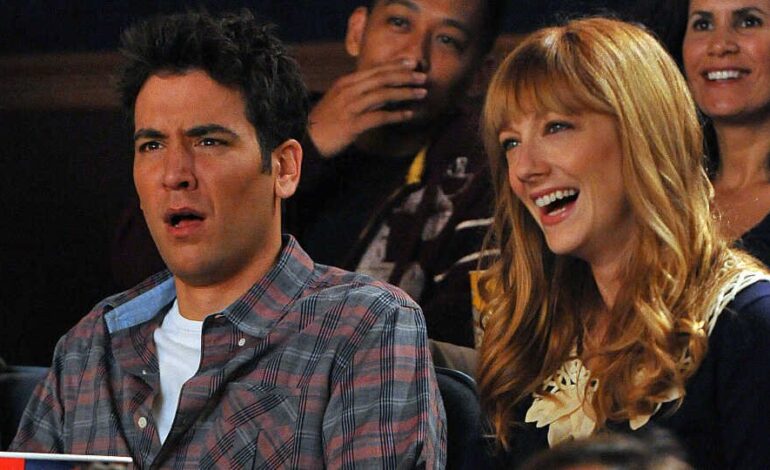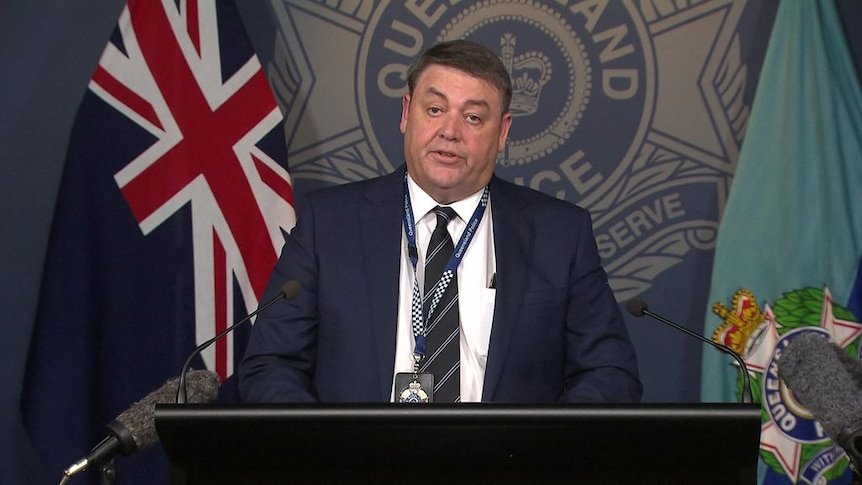When Ted Mosby Became the Villain: Behind HIMYM’s Episode Four Twist

Behold the soft tremor of irony when Ted Mosby, eternal romantic of How I Met Your Mother, is cast in a villainous light in its fourth-ever episode. In “Return of the Shirt,” our once-innocent architect crosses lines that even Barney would raise an eyebrow at, inspiring writers to challenge viewers’ affections. According to Entertainment Weekly’s 2005 feature, co-creator Carter Bays confided, “We realized Ted needed a darker edge—one misstep that makes you gasp.” People Magazine later echoed that sentiment, noting how this plot pivot “underlined Ted’s obsession and drove the friend group into beautiful chaos.”
Let the narrative unfurl like a half-forgotten sonnet where Ted’s hunt for a prom keepsake becomes an act of theft and deception. His midnight raid on Trudy’s apartment, driven by hearsay of a blue band shirt, morphs into melodrama. The scriptwriters Craig Thomas and Bays saw opportunity in Ted’s desperation: “If Ted never errs so spectacularly, then where’s the comedy?” they asked Rolling Stone in 2020. Thus, viewers witnessed Ted glaring at his own reflections, alienating Robin with evasive excuses and provoking Marshall’s righteous fury—all in service of a single cotton garment. Every line crackled with tension, every glance hinted at betrayal.
This villain arc functions as a crucial test of loyalty, a stormy interlude before Ted’s ultimate cosmic destiny. By painting him with shades of mischief and moral gray, the show deepened its ensemble chemistry. The shift was subtle—a narrowing of pupil, a clenched jaw—but its impact thundered across sitcom landscapes. Nielsen data from October 2005 reported a spike in buzz, proving that audiences relish when their hero stumbles spectacularly. Social media boards lit up with debate: Was Ted justified in chasing a piece of his past, or had he surrendered his better angels?
Wading through layers of comedic gold, the fourth episode stands as testament to bold storytelling. It reminds us that every protagonist wears a villain’s cloak at least once, and that laughter often blooms from our own foibles. As Carter Bays mused to Entertainment Weekly, “Comedy thrives on imperfection. Ted’s misstep felt downright human.” The viewer is left wondering not just how Ted redeems himself, but whether he ever truly can.
And so, as the credits roll on this fleeting chapter of moral ambiguity, we hold our breath for the next twist in Ted’s epic quest for love. Will our hero be forgiven, or will his villainous echo linger in MacLaren’s Pub forever?
Sources: Celebrity Storm and Entertainment Weekly, People Magazine, Rolling Stone
Attribution: ERIC MCCANDLESS (Creative Commons)




